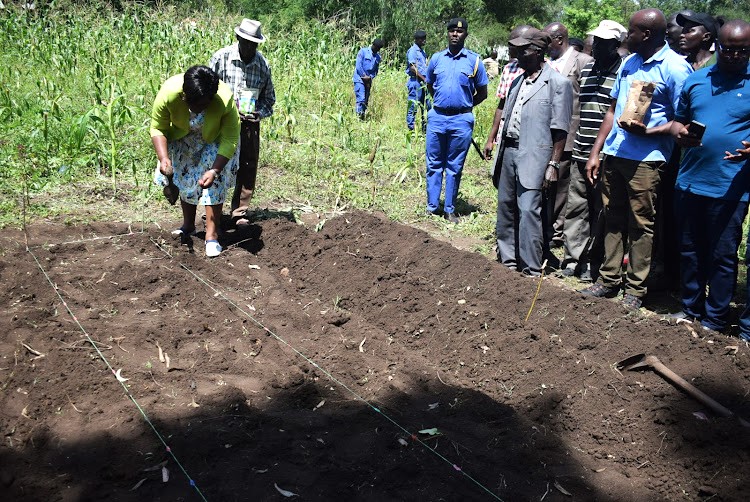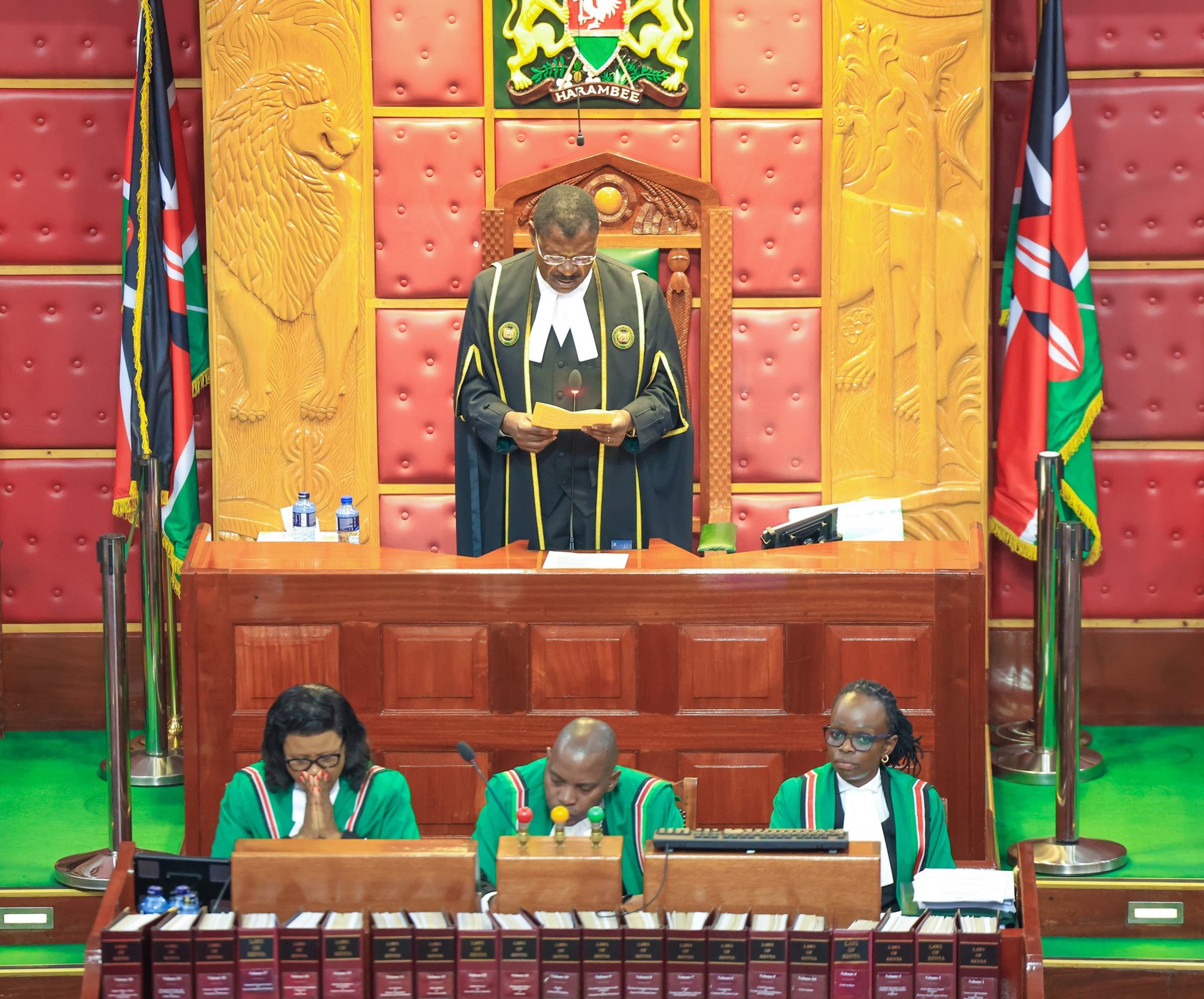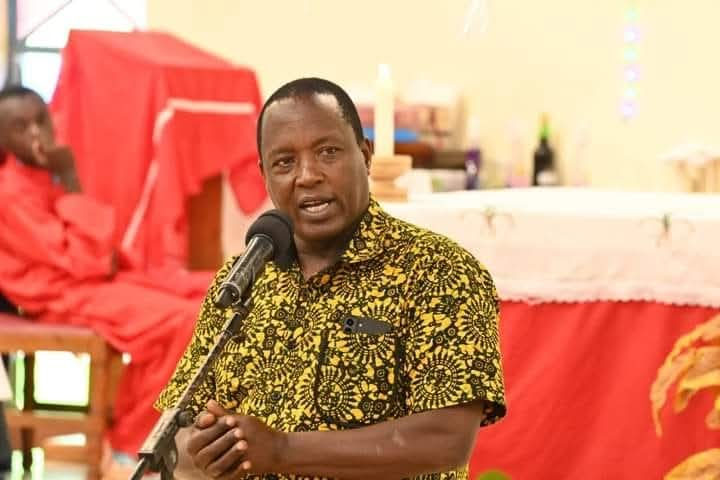Homa Bay County Governor Gladys Wanga has launched cotton planting initiative called Pamba Mwandu, Cotton is Wealth in the area.
She said that Homa Bay has enough water and supportive soil for cotton capable of producing more than 10.4 million tonnes cotton per year enough for home consumption and for sale.
“Our black soil and good distribution of rain with the availability of the lake, favour the crop and we should capitalize on this to convert our soils into a source of wealth, she said.
She blamed the previous regimes who declined to provide funds in support of the residents to continue producing enough cotton as it started to decrease gradually in 1990s.
She said that since then, the cotton farmers started to replace it with other ventures like fishing, sugarcane and groundnuts growing at small scale levels.
She promised that her government will reverse the trend by reviving cotton production to enable the region to become the chief producer in the country.
READ ALSO:
Government to support production of orthodox tea due to it high demand globally
She said her government has organised farmers to join cooperative societies in partnership with the Rivatex, Rift Valley and Products and Food production organization to support the industry in farm inputs and farming expertize.
Speaking at Rangwe Constituency, she revealed that her government has provided high quality of cotton seeds worth KSh27 million to 35,305 farmers for planting in the new project that intends to increase land acreage for planting the crop from 13,000 to 19,000 hectares.
Homa Bay County Deputy Governor Oyugi Mawanga said the cotton production programme will create and increase job opportunities.
He reminded the youth to change their attitude against agriculture in favour of white collar jobs which emanate from agricultural industries.
“Let our youths understand that even white collar jobs come from crop production. The production of big volume of cotton will influence the establishment of a ginnery which will create white collar jobs,” he said.
He asked youth leavers from the region to train in agriculture related courses to enable them secure employment in the agriculture sector as researchers, field extension officers, drivers and factory supervisors.
By Enock Okong’o
Get more stories from our website: Sacco Review.
For comments and clarifications, write to: Saccoreview@
Kindly follow us via our social media pages on Facebook: Sacco Review Newspaper for timely updates



